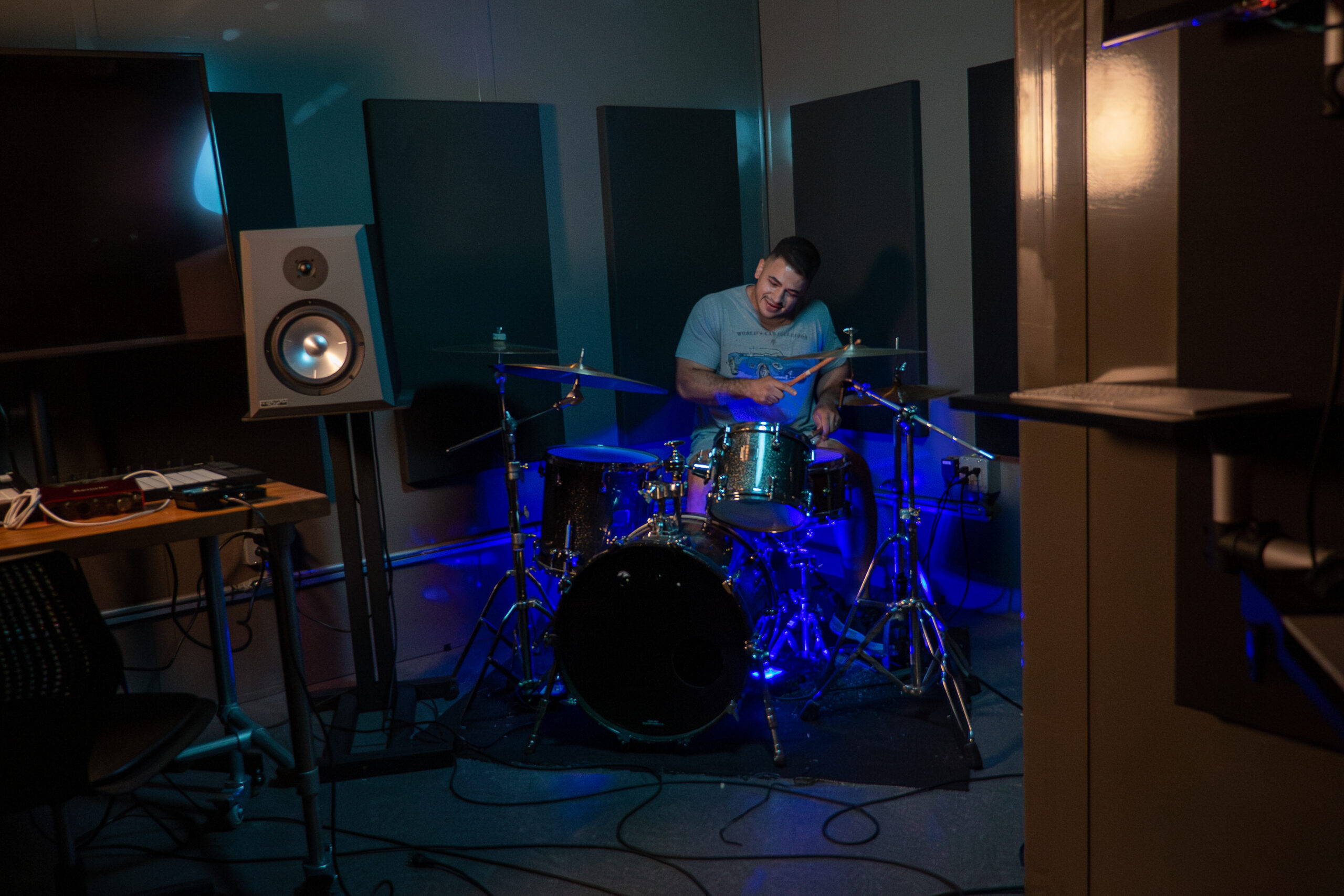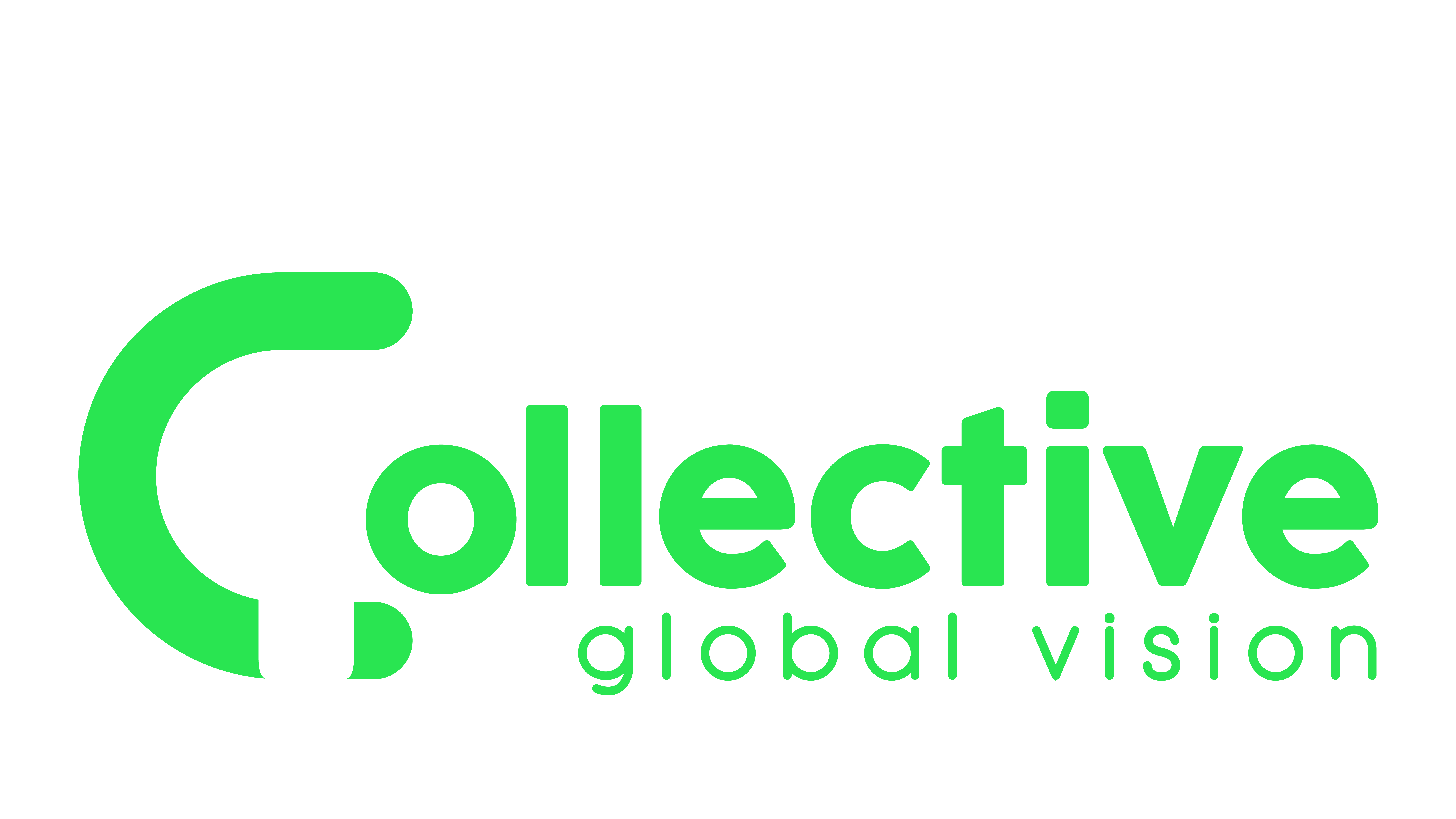Mastery Certificate in Drum Performance
Two Year Program
For aspiring professional drummers who want the most comprehensive education in drum performance.

Mastery Certificate in Drum Performance
Prepare for a career as a professional drummer at The Collective Global Vision with our highest level of technical and artistic music education. The Mastery program begins with foundational classes and progresses to our most advanced classes in styles, ensemble playing, drum technique, and music business, in addition to a final capstone experience.
Small Class Environment
Get extra individualized attention from NYC’s top drummers and teachers with a 5-to-1 student-to-teacher ratio.
1-on-1 Private Lessons
Your anchor teacher will guide you through your program in weekly mentorship sessions.
Collaborations with Pros
Get in the studio with NYC-based vocalists, instrumentalists, and producers.
Program Cost
$50,625
By the end of your program you will be able to:
Competently perform on the drum set in a variety of styles and musical situations
Learn Jazz, Pop, Rock, Blues, Funk, Latin, Afro-Cuban, Brazilian, and World Music
Sight read and improvise in various musical settings and collaborative environments
Play in ensembles with professional NYC musicians
Lead recording sessions using industry-standard DAWs and studio equipment
Learn Ableton Live or Logic Pro
Use high-level stick, foot, and limb independence techniques
Study rudiments and ambidexterity with NYC’s top technical drummers
Navigate the music industry
Learn dealmaking, licensing, and current industry trends
Promote your brand
Learn dealmaking, licensing, and current industry trends
2 Years
of well-rounded music education
458 Hours
of guided learning with a music industry professional
Daily
access to the facility and production gear
Weekly
networking and workshop events
The Capstone
Perform for a panel of professional musicians in your final Recital
As your capstone experience, you will use everything you learned throughout the Mastery Certificate in Drum Performance Program to record your own portfolio piece.
What you will accomplish with guidance from your teachers and peers:
Develop a plan for a final project to showcase your drum performance and musical skills
Set up and mic a drum kit in a professional recording studio
Record a performance of your strongest material
Use advanced production techniques to mix and master your project
Present your completed creative work to a panel of school faculty and industry professionals
Perform a diverse repertoire of five pieces to showcase your mastery of drum performance
Your Curriculum
APPLIED THEORY I: Applied Theory I is the first of a three-course sequence designed to provide students with a comprehensive foundation in the principles and practices of music theory. This course explores the fundamental elements of music, including notation, rhythm, scales, keys, intervals, chords, and harmonic progression. Students will develop essential skills in music analysis, ear training, sight-singing, and keyboard harmony.
STYLE PREP SEQUENCE – STYLE PREP I: Students work with an instructor on their instrument to develop a conceptual framework and application of applied techniques and reading comprehension to perform in a rhythm section setting in the designated contemporary root style of Jazz. Each week’s class is dedicated to a particular sub-style.
DRUM TECHNIQUE I: This foundational course focuses on essential drum set techniques, emphasizing proper posture, grip, stroke development, and basic independence. Students develop mastery of fundamental rudiments including single strokes, double strokes, paradiddles, flams, rolls, and their variations. The curriculum emphasizes reading skills, coordination, and time-keeping through progressive exercises designed to build a solid technical foundation. Students will demonstrate their growing proficiency through in-class performances and a final performance.
PREP REAL-DEAL REHEARSAL I: Students work together in a rhythm section format, under the supervision of a faculty member, to rehearse a series of practical real-life situations, the mastery of which is essential to every performing rhythm section musician.
KEYBOARD SKILLS I: This class coordinates with Applied Theory I and begins the study of keyboard technique with an emphasis on developing basic chromatic and major scale and chord performance skills.
ANCHOR TEACHER PRIVATE LESSONS: Students are assigned a private instructor who acts as the student’s principal teacher and advisor regarding the tasks presented in the overall program. Students meet with this anchor teacher on a weekly basis and focus on both the reading and technical skills required by each foundational style in addition to practical knowledge like setting up the drum kit.
APPLIED THEORY II: Applied Theory II is a continuation of Applied Theory I, designed to deepen students’ understanding of music theory and its application in more complex musical contexts. Building on the foundational concepts covered in the first course, students will explore advanced topics such as chromaticism, modulation, extended chords, and form analysis. This course emphasizes analytical skills, creative applications, and enhanced musicianship through advanced ear training, sight-singing, and keyboard harmony.
STYLE PREP SEQUENCE – STYLE PREP II: Students work with an instructor on their instrument to develop a conceptual framework and application of applied techniques and reading comprehension to perform in the designated root style of Modern Popular Music (Rock, Funk, and Blues). Each week’s class is dedicated to a particular style or groove.
DRUM TECHNIQUE II: Building upon the foundation established in Drum Technique I, this course advances students’ technical abilities through more complex applications of rudiments and coordination exercises. Students develop increased facility with advanced rudiments including ratamacues, dragadiddles, inverted paradiddles, and multiple bounce rolls. The curriculum emphasizes the development of advanced independence, dynamic control, and advanced reading skills. Topics include intermediate coordination patterns, advanced bass drum techniques, expanded hi-hat applications, and the orchestration of rudiments in extended combinations around the drum set. Students continue to refine their practice methodology and technical efficiency while developing increased speed, control, and clarity in their playing.
PREP REAL-DEAL REHEARSAL II: Students continue to work together in a rhythm section format, under the supervision of a faculty member, to rehearse in a series of practical real-life situations, the mastery of which is essential to every performing rhythm section musician.
KEYBOARD SKILLS II: This class coordinates with Applied Theory II and continues the study of keyboard technique with an emphasis on mastering all the major scales and simple triadic chord progression skills.
ANCHOR TEACHER PRIVATE LESSONS: Students are assigned a private instructor who acts as the student’s principal teacher and advisor regarding the tasks presented in the overall program. Students meet with this anchor teacher on a weekly basis and focus on both the reading and technical skills required by each foundational style.
APPLIED THEORY III: Applied Theory III is the final course in the theory sequence that continues the in-depth exploration of music theory, focusing on intricate theoretical concepts and their practical applications in various musical styles and genres. This course builds on the knowledge and skills developed in Applied Theory I and II, delving into topics such as advanced chromaticism, contemporary harmony, counterpoint, and comprehensive form analysis. A significant component of the curriculum is dedicated to the study and analysis of twentieth-century and contemporary music, equipping students with the tools to understand and appreciate modern musical developments.
STYLE PREP SEQUENCE – STYLE PREP III: Students work with an instructor on their instrument to develop a conceptual framework and application of applied techniques and reading comprehension to perform in the designated ethnic root styles of Brazilian and Afro-Cuban. Each week’s class is dedicated to a particular style or groove.
DRUM TECHNIQUE III: This course is designed to push students’ technical and creative boundaries, focusing on mastery-level drumming techniques and advanced musical applications. Building on the skills developed in Drum Technique II, students will explore highly complex rudiments, extreme dynamic control, and advanced polyrhythmic concepts. Topics include hybrid rudiments, advanced linear drumming, metric modulation, and the integration of world percussion techniques into drum set playing. The course also emphasizes the development of a personal voice on the drum set, encouraging students to apply their technical skills in creative and expressive ways. By the end of the course, students will demonstrate exceptional speed, precision, and musicality, preparing them for professional-level performance and recording scenarios.
STYLE PREP RHYTHM SECTION I: This class gives the student the opportunity to apply the work done in the style of preparation and student rehearsal classes in an actual rhythm section setting made up of professional musicians.
KEYBOARD SKILLS III: This class coordinates with Applied Theory III and continues the study of keyboard technique with an emphasis on mastering all the major scales and simple triadic chord progression skills, as well as introducing 7th chord structures.
ANCHOR TEACHER PRIVATE LESSONS: Students are assigned a private instructor who acts as the student’s principal teacher and advisor regarding the tasks presented in the overall program. Students meet with this anchor teacher on a weekly basis and focus on both the reading and technical skills required by each foundational style.
PRODUCING IN THE DIGITAL AUDIO WORKSTATION I: Producing in the Digital Audio Workstation is an introductory course designed to equip students with the fundamental skills and techniques needed for music production using either Ableton Live or Logic Pro. This course covers essential topics such as navigating the software interface, understanding basic audio and MIDI concepts, and utilizing both DAW’s powerful built-in instruments and effects. Students will learn to create, arrange, and mix their own tracks, exploring various genres and production styles. Through hands-on projects and practical exercises, this course aims to develop both technical proficiency and creative confidence, providing a solid foundation for both producers and musicians.
STYLE PREP SEQUENCE – STYLE PREP IV: Students work with an instructor on their instrument to develop a conceptual framework and application of applied techniques and reading comprehension to perform in the designated root style of World. Each week’s class is dedicated to a particular style or groove.
STYLE PREP RHYTHM SECTION II: This class gives the student the opportunity to apply the work done in the style of preparation and student rehearsal classes in an actual rhythm section setting made up of professional musicians.
HISTORY OF MODERN POPULAR MUSIC: This course delves into the evolution of popular music from the early 20th century to the present day, exploring its diverse genres, influential artists, and cultural impacts. This course examines the social, political, and technological factors that have shaped the music industry and the ways in which popular music reflects and influences contemporary society.
STUDIO RECORDING I: Explore the fundamentals of multitrack recording techniques and technology. This course covers the principles of sound recording, microphone placement, signal flow, and mixing. Students will gain hands-on experience in creating, editing, and mixing multitrack recordings, preparing them for professional audio production environments.
ANCHOR TEACHER PRIVATE LESSONS: Students are assigned a private instructor who acts as the student’s principal teacher and advisor regarding the tasks presented in the overall program. Students meet with this anchor teacher on a weekly basis and focus on both the reading and technical skills required by each foundational style.
IMPROVISATION & SOLO DEVELOPMENT: This course is designed to help drummers develop their improvisational skills and create compelling drum solos. Through a combination of theoretical study, listening exercises, and practical application, students will explore rhythmic concepts, phrasing, dynamics, and solo structures. The course emphasizes creativity, self-expression, and the ability to adapt to different musical contexts. Students will analyze solos by iconic drummers and apply these insights to their own playing, culminating in a final performance showcasing their soloing abilities.
DRUM PROGRAMMING & ELECTRONIC PERCUSSION: This course introduces drummers to the world of electronic percussion, drum programming, and MIDI sequencing. Students will learn to create professional-quality drum tracks using digital audio workstations (DAWs) and explore the use of drum machines, samplers, and electronic drum kits. The course covers both technical skills and creative applications, enabling students to integrate electronic elements into their acoustic drumming and produce beats for various genres. By the end of the course, students will have a portfolio of programmed drum tracks and a solid understanding of electronic percussion tools
STRUCTURE OF THE MUSIC BUSINESS: This course covers the essential components of the music business, including record labels, music publishing, live performance, artist management, digital distribution, and the impact of technology. Students will delve into the roles and functions of various industry players, analyze real-world case studies, and gain insights from industry professionals. Emphasis is placed on understanding current trends, legal considerations, and strategic career planning, equipping students with the knowledge necessary to navigate the dynamic landscape of the music business.
ANCHOR TEACHER PRIVATE LESSONS: Students are assigned a private instructor who acts as the student’s principal teacher and advisor. Students meet with their anchor teacher on a weekly basis.
ELECTIVE CLASSES: Students may further personalize their plan of study by choosing from a list of elective classes. Prerequisites may apply. Elective class offerings are subject to minimum enrollment levels.
DEALMAKING IN MUSIC: This course provides an in-depth exploration of various types of agreements, including recording contracts, publishing deals, licensing agreements, and live performance contracts. Students will learn the art of negotiation, the key terms and clauses to be aware of, and the strategies for protecting artists’ rights and interests. Through simulated contract negotiations, case studies, and knowledge from industry experts, students will develop the skills necessary to effectively structure and negotiate deals they will face in their music careers.
OR
INTERNATIONAL MUSIC BUSINESS: This course explores the international music market, focusing on cultural, economic, and legal differences. Students will study global distribution channels, international copyright laws, and the impact of different digital platforms on worldwide music consumption. The course includes case studies of successful international artists and strategies for breaking into new markets, as well as insights from industry professionals who have navigated the complexities of global music business. Emphasis is placed on developing the skills necessary to manage and promote music across diverse cultural landscapes and to understand the dynamics of international music trade.
ELECTIVE CLASSES: Students may further personalize their plan of study by choosing from a list of elective classes. Prerequisites may apply. Elective class offerings are subject to minimum enrollment levels.
ANCHOR TEACHER PRIVATE LESSONS: Students are assigned a private instructor who acts as the student’s principal teacher and advisor. Students meet with their anchor teacher on a weekly basis.
FINAL PROJECT: The final project serves as a capstone experience, pushing students to utilize their accumulated skills and knowledge to create a comprehensive, professional-level work. Students are required to conceive, plan, and execute a performance that reflects their artistic vision, testing their recording skills, technical abilities, and understanding of foundational styles. Prior to the performance, students will present their project to the faculty, including a discussion of the creative and technical processes involved. They will set up and mic a drum kit, record the performance, and use production technology to mix their work. As the program’s culmination, the final project highlights each student’s unique talents and prepares them for a career in the music industry.
FINAL RECITAL: This course culminates in a final recital where students showcase their mastery over diverse drumming styles. Students will perform a repertoire of five compositions, each representing a foundational style integral to their musical education. The program includes a piece from jazz, highlighting improvisational brilliance; a selection from popular music, demonstrating versatility and groove; an Afro-Cuban/Brazilian composition, showcasing complex, vibrant rhythms; a world music piece, reflecting diverse cultural influences; and a personal choice that encapsulates the student’s unique artistic voice. This recital not only marks the students’ achievements but also prepares them for professional careers by emphasizing versatility, technical skill, and creative expression.

